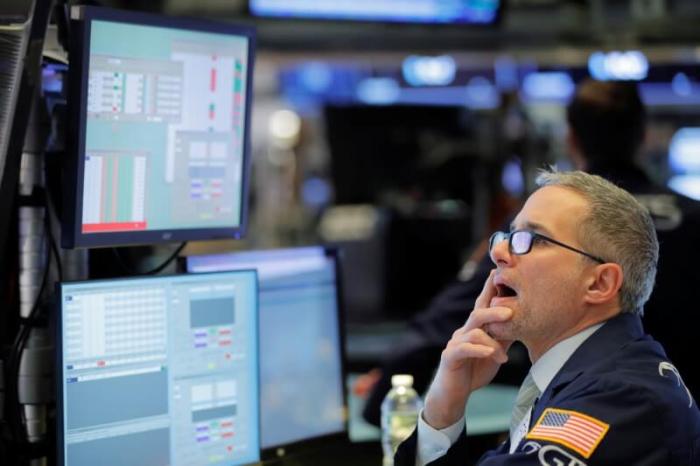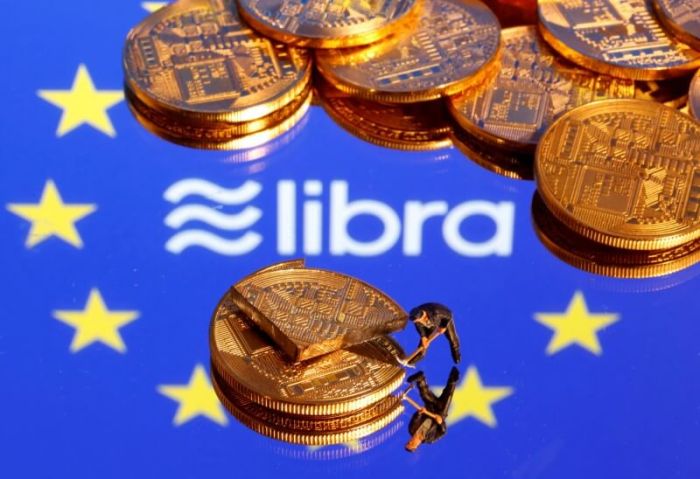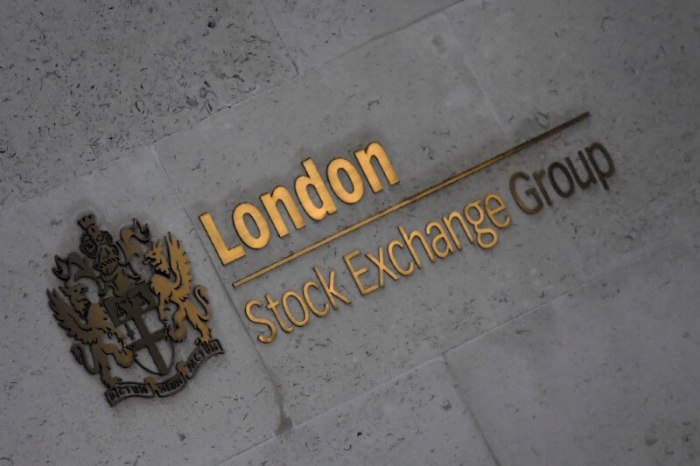By Herbert Lash
NEW YORK (Reuters) – Gold and oil prices retreated and equity markets rose on Wednesday after U.S. President Donald Trump said Iranian missile strikes on bases in Iraq had not harmed U.S. troops and damage was minimal, showing Tehran wanted to de-escalate a standoff in the Middle East.
Iran fired missiles at military bases housing American troops in Iraq earlier in the day in retaliation for last week’s slaying by U.S. drones of Iranian commander Qassem Soleimani, a strike that raised fears of an escalating Middle East conflict.
“Iran appears to be standing down, which is a good thing for all parties concerned and a very good thing for the world,” Trump said in an address to the nation.
The S&P 500 and Nasdaq stock indexes recorded highs after Trump’s remarks and crude oil prices tumbled, with U.S. benchmark West Texas Intermediate falling more than 4%.
Gold had surged past $1,600 for the first time in nearly seven years in earlier trade, before paring gains as fears of a larger conflict abated amid softer U.S.-Iranian rhetoric.
The safe-haven yen fell from three-month highs against the dollar and the Swiss franc, another safe haven, also retreated. Brent oil futures slid off a four-month peak hit in frenzied early trade after the Iranian attack.
Iran’s long-term goal of a sphere of influence might be jeopardized if it attacks too aggressively, said John Vail, chief global strategist at Nikko Asset Management in Tokyo.
“The impact on global risk assets will probably moderate from here as we are likely past the worst part of the crisis,” Vail said in an e-mail. “Neither side wants a war.”
Investors are betting on a de-escalation in Middle East tensions, said Sebastien Galy, senior macro strategist at Nordea Asset Management in Luxembourg.
MSCI’s broad gauge of stocks across the globe gained 0.21%, while bourses in Paris, Frankfurt and Milan rebounded.
The pan-European STOXX 600 index rose 0.17% and emerging market stocks lost 0.13%.
On Wall Street, the Dow Jones Industrial Average rose 198.71 points, or 0.7%, to 28,782.39. The S&P 500 gained 20.69 points, or 0.64%, to 3,257.87 and the Nasdaq Composite added 69.56 points, or 0.77%, to 9,138.14.
Spot gold fell almost 1% to $1,559.30 an ounce, having soared to $1,610.90 earlier in the session, its highest since March 2013.
A report showing a surprise build in U.S. stockpiles helped crude prices to fall.
The U.S. Energy Information Administration (EIA) said crude inventories rose by 1.2 million barrels during the week ended Jan. 3. [EIA/S] Analysts had expected a decline.
Brent futures fell $2.49 to $65.78 a barrel and U.S. WTI crude declined $2.89 to $59.81 a barrel. WTI futures earlier hit $65.65, the highest since late April.
U.S. Treasury yields rose after yields on the 10-year U.S. Treasury note overnight dropped to 1.705%, their lowest in more than a month, as worried investors bought U.S. government debt in a safe-haven move after the Iranian attack.
Benchmark 10-year notes last fell 9/32 in price to yield 1.8545%.
The dollar index, tracking the unit against six major peers, rose 0.27%, with the euro down 0.32% to $1.1115.
The Japanese yen weakened 0.62% versus the greenback at 109.10 per dollar.
(Reporting by Herbert Lash; Editing by Bernadette Baum)


















